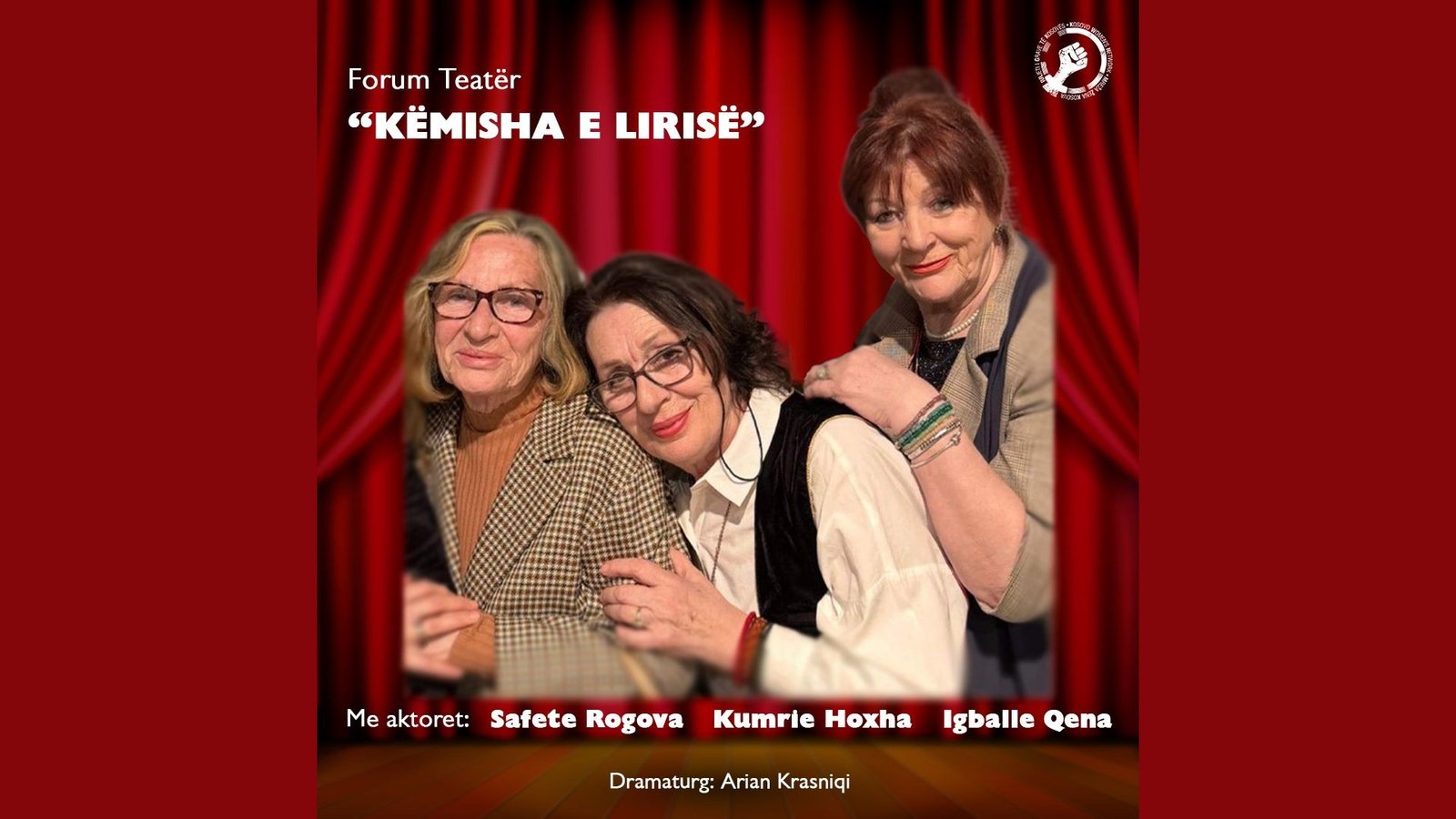While listening to the sweet voice of Farah Siraj, the Jordanian singer of the jazz genre with spiritual, flamengo and Arabic motives, Artpolis –The Center for Art and Community, concluded the 5th edition of the FemArt Festival. FemArt Festival, is the festival of artists and activists which this year was held from 25 to 31 May 25, by the motto "Fearless".
Despite the challenges during the organization of festival, in the 5th edition of FemArt have performed artists from different countries of the region and the world, bringing us closer to their creative work: theatre plays, films, documentaries, short and long films, exhibitions, performances, concerts, lectures, workshops, panels and various art presentations.
The artistic director of the Festival, Zana Hoxha Krasniqi, also executive director of Artpolis, emphasized that the staff together with the staff have taken care that the program has a wide variety of activities so that the public finds itself during this edition, saying "we tried to arrange A week full of art, activism and friendship ".
The FemArt Festival, at the same time the largest feminist festival in the Balkans, is a platform for starting and presenting ideas and creations that bring forward feminist concepts and their developments in Kosovo by engaging in women’s equal rights and serving as A bridge to build peace and dialogue in the region.
This year, the festival marked over 40 events in Pristina and North Mitrovica. For more detailed information about the participants and the program you can click on the website www.femart-ks.com or on the FemArt Facebook page https://www.facebook.com/FemartPrishtina/.
This edition of FemArt was supported by donors, media sponsors and various institutional partners.





